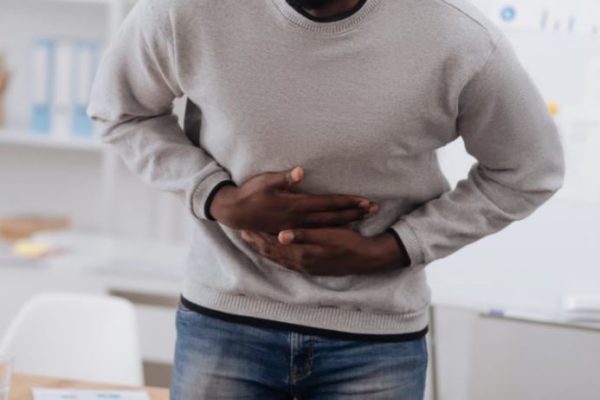Lifestyle
5 surprising facts about stomach ulcers

Peptic ulcers come with a lot of misconceptions. Commonly referred to as ulcers or stomach ulcers, they can occur in your stomach, esophagus, or duodenum (upper part of your small intestine).
Well-meaning people may tell you that your stressful job caused the ulcer, or that you should avoid eating spicy foods. However, these statements are not true. Much more is known about ulcers today than ever before.
Here are five lesser-known facts about stomach ulcers:
1. Stress doesn’t cause ulcers, but it can worsen symptoms
Contrary to popular belief, stress does not directly cause an ulcer. Ulcers are actually caused by a specific type of bacteria called H. pylori, as well as long-term use of some pain relievers and medications. NSAIDs (non-steroidal anti-inflammatory drugs) such as aspirin, ibuprofen, and naproxen are popular NSAIDs that can cause ulcers if used for long periods. If you already have an ulcer due to one of these causes, frequent high stress levels can increase your discomfort.
2. Pain from an ulcer is not caused by food
Ulcers are usually most painful at night when your stomach is empty. Antacids and certain foods may provide temporary pain relief, but they may not help your long-term symptoms. The study states that people with ulcers do not need to follow a bland diet.
3. Medications that treat heartburn are also effective against ulcers
Because stomach acid is the main culprit in ulcer formation, taking medications to reduce this acid can alleviate your symptoms and help the ulcer heal. Your physician may prescribe antacids and/or medications that reduce or block stomach acid production. If the H. pylori bacteria is found in your body, you may also be prescribed a course of antibiotics.
4. Ulcers can cause long-term and serious health problems if not treated
Over time, ulcers can cause internal bleeding, an infection from a hole in your stomach, and scar tissue that impedes proper digestion.
5. The best way to diagnose an ulcer is with an endoscopy
Although certain x-rays can also find ulcers, an endoscopy will allow your gastroenterologist to see even the smallest ulcers, and to potentially treat them during the procedure. During the endoscopy, your physician will use a small lighted scope to look into your esophagus, stomach, and small intestine.







